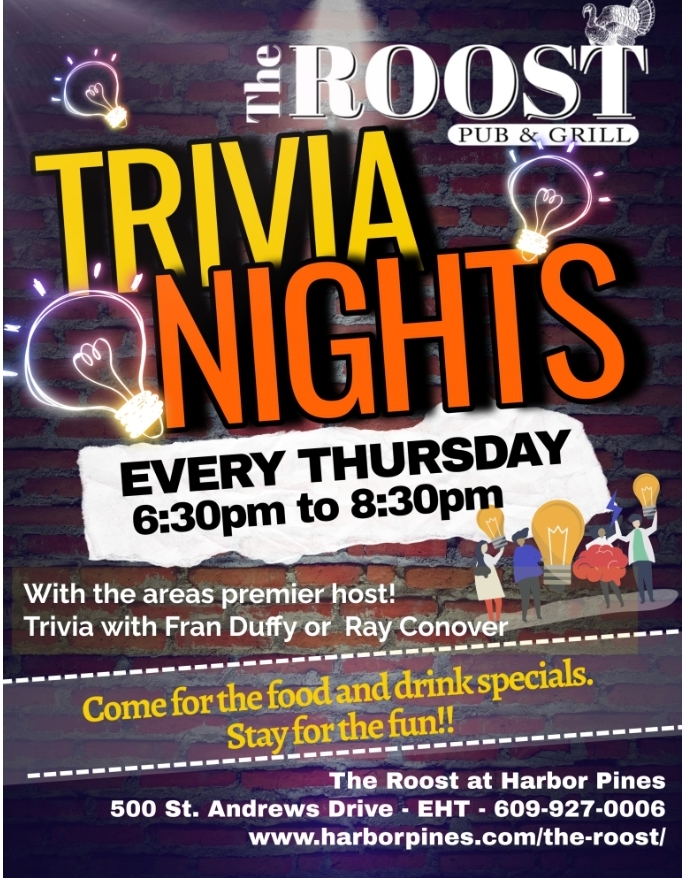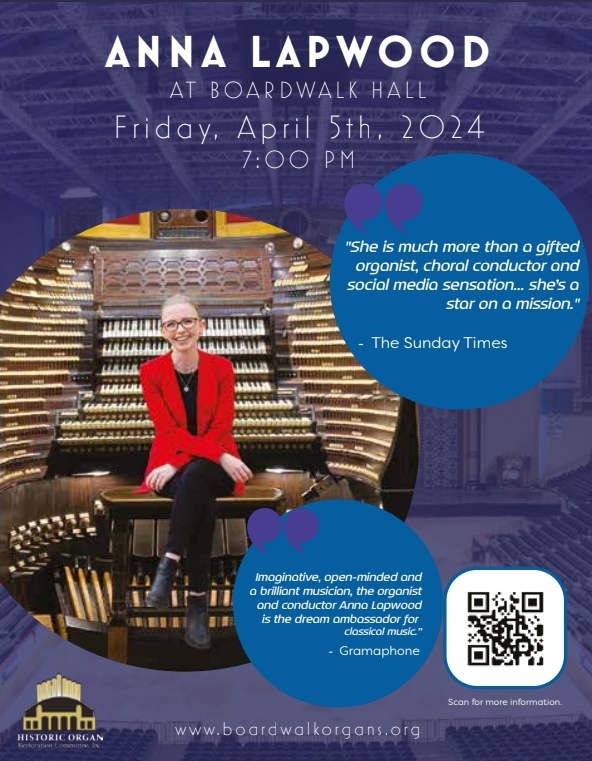By Julia Train
Big Brothers Big Sisters of Atlantic County opened its doors in 1965. In the mid-1970s, the nonprofit expanded to include girls and in 1980, it included Cape May County and changed its name to represent that.
According to their website, Big Brothers Big Sisters of Atlantic & Cape May Counties “currently serves over 200 children in Atlantic and Cape May Counties through our community and school based mentoring programs.”
The nonprofit’s mission is to help children who are facing adversity realize their potential and build a successful future, with one-on-one mentorship.
Kids in the program range from 6-18 years old, but enrollment is cut off at 15, in order to give anyone who may want to be a member a chance to get paired up with someone before they age out of the program. There are two types of mentoring services: a community program and a school-based one.
Both programs pair the children (“littles”) with either an adult or a high school mentor (“bigs”). The pairs will spend a few hours every month enjoying a wide range of activities together, like homework, getting food, walking the boardwalk or riding bikes.
“Our hope with the whole brother, sister thing is that they kind of become like a sibling to one another in the same way a sibling would be that you can talk to them about anything, you look up to them. You want to do all the things that they’re doing that kind of stuff.”
During the matching process, the nonprofit makes sure the pair lives near each other and that their personalities mesh well, based on phone calls. They also want to make sure that if the child has any specific need, it’s met with a volunteer who has the skill set to take on that challenge.
Those who wish to volunteer can go on the website to apply. After the application is sent in, then there’s the interview, background checks and personal references.
“We want to make sure that they’re a safe person to put with a child. So we definitely kind of run them through the wringer. We train them so they receive training on relationship development… how to partner with the parents, and that way they go into the relationship feeling prepared,” said Roorda.
The goal is for the bigs and littles to stay paired for at least a year, but most of the matches go for longer. One has even gone on for seven years.
Roorda said that these relationships have helped children build their self-esteem, connect better at school, make better choices and envision a successful future.
“I think it is so important for a program like ours to provide a child with one caring person in their life, who’s going to be behind them and support them no matter what they do, because it has been shown that just having that person in your life, no matter what else is going on around, you can just make all the difference and make sure that you’re successful as you grow up,” said Roorda.
In addition to being a “big”, anyone can donate their clothes to the Big Brothers Big Sisters clothing bins located around the two counties. The donated clothes and textiles are taken out of the bins by the nonprofit’s bin partner, Global Textile Recycling, who organizes the clothes and gives a donation to Big Brothers Big Sisters.
For those who wish to get involved at Big Brothers Big Sisters of Atlantic & Cape May Counties, visit their website www.bbbsatlanticcape.org, to see how you can help in other ways!
Julia is a student at Rider University, majoring in multiplatform journalism with a minor in social media strategies. At school, she writes and is news editor for The Rider News and is the News Director for the radio station, producing news updates. She’ll be graduating in the spring. Connect with her on Instagram @juliatrain














